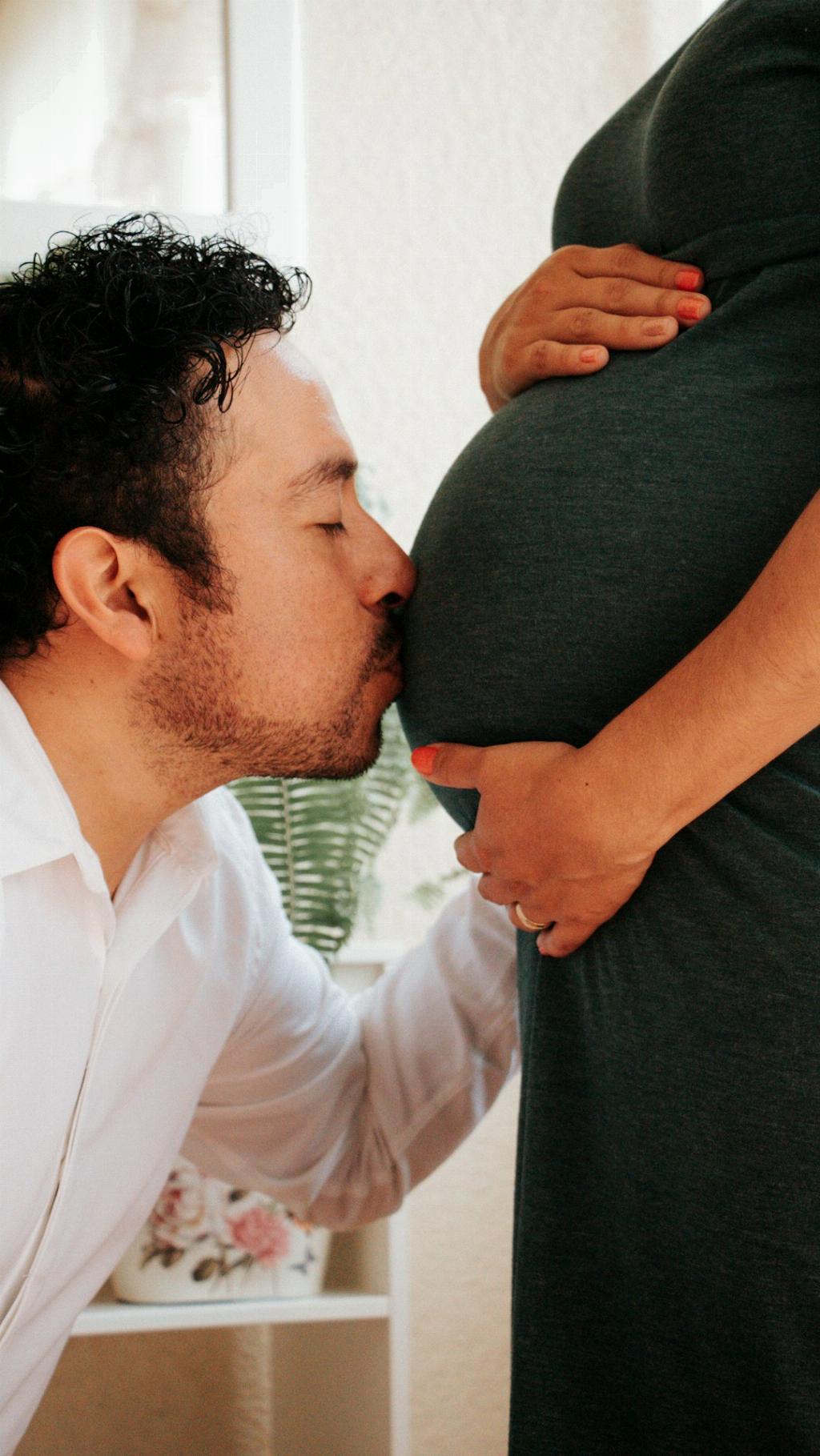Experiencing diarrhea during late pregnancy is not uncommon, and one of the primary reasons behind this issue is the hormonal changes that occur in the body during this crucial period. These hormonal fluctuations can impact the digestive system, leading to episodes of diarrhea. Furthermore, pregnant women tend to have an increased susceptibility to infections and food-borne illnesses, which can also contribute to the prevalence of diarrhea in late pregnancy.
The Role of Hormones
Progesterone, a key hormone during pregnancy, can relax the muscles in the intestinal tract, causing food to pass through at a slower pace. This slowdown in digestion can result in loose stools and contribute to the onset of diarrhea. Additionally, the hormone relaxin, which helps prepare the body for childbirth by loosening ligaments, can also affect the digestive system, potentially leading to gastrointestinal issues like diarrhea.
Increased Susceptibility to Infections
As the body undergoes significant changes to support the developing fetus, the immune system can become somewhat compromised. This weakened immune response can make pregnant women more prone to infections, including those that cause gastrointestinal distress and diarrhea. It is essential to pay close attention to food safety practices and hygiene during late pregnancy to reduce the risk of infections.
Impact of Stress and Anxiety
Stress and anxiety levels can significantly affect digestive health. It’s not uncommon for pregnant women to experience heightened levels of stress during the final trimester, which can exacerbate existing gastrointestinal issues or trigger episodes of diarrhea. Managing stress through relaxation techniques, gentle exercise, and adequate rest can help alleviate these symptoms.
Dietary Factors
The foods you consume can also play a role in the development of diarrhea during late pregnancy. Certain foods high in fiber or fat may be harder to digest, leading to gastrointestinal discomfort. Additionally, food intolerances or sensitivities that were previously manageable may become more pronounced during pregnancy, potentially causing digestive issues such as diarrhea. It’s essential to maintain a balanced and nutritious diet to support overall digestive health.
Dehydration Risks
Diarrhea can result in fluid loss and electrolyte imbalances, increasing the risk of dehydration, a significant concern during late pregnancy. Dehydration can have adverse effects on both maternal health and fetal well-being. It’s crucial to stay well-hydrated by drinking plenty of water and oral rehydration solutions to replace lost fluids and electrolytes.
When to Seek Medical Attention
While occasional bouts of diarrhea in late pregnancy may be common and resolve on their own, persistent or severe symptoms should not be ignored. If diarrhea is accompanied by fever, abdominal pain, blood in the stool, or dehydration signs such as dizziness and reduced urine output, it’s vital to consult a healthcare provider promptly. These could indicate a more serious underlying condition that requires medical intervention.
Preventive Measures
Taking proactive steps to prevent diarrhea in late pregnancy can help minimize discomfort and maintain overall well-being. This includes practicing good hygiene, thoroughly cooking foods, and avoiding high-risk foods like unpasteurized dairy products and undercooked meats. Additionally, managing stress levels, staying hydrated, and consuming a wholesome diet can support digestive health and reduce the likelihood of experiencing diarrhea.
Importance of Rest
Rest is crucial during late pregnancy to support the body’s physical and mental well-being. Adequate rest helps reduce stress levels, promotes proper digestion, and allows the body to recover and rejuvenate. Prioritizing sleep and relaxation can have a positive impact on overall health and may help alleviate gastrointestinal symptoms like diarrhea.
Consultation with Healthcare Provider
If you are experiencing persistent diarrhea or have concerns about your digestive health during late pregnancy, it’s essential to communicate with your healthcare provider. They can offer personalized guidance, investigate underlying causes, and recommend appropriate treatments to manage your symptoms effectively. Open communication with your healthcare team is key to ensuring a healthy and comfortable pregnancy experience.
Conclusion
In conclusion, diarrhea during late pregnancy can be attributed to a combination of hormonal changes, increased susceptibility to infections, dietary factors, stress, and other influences. By understanding these contributing factors and implementing preventive measures, pregnant individuals can navigate this symptom more effectively and prioritize their well-being during this crucial phase of pregnancy.

